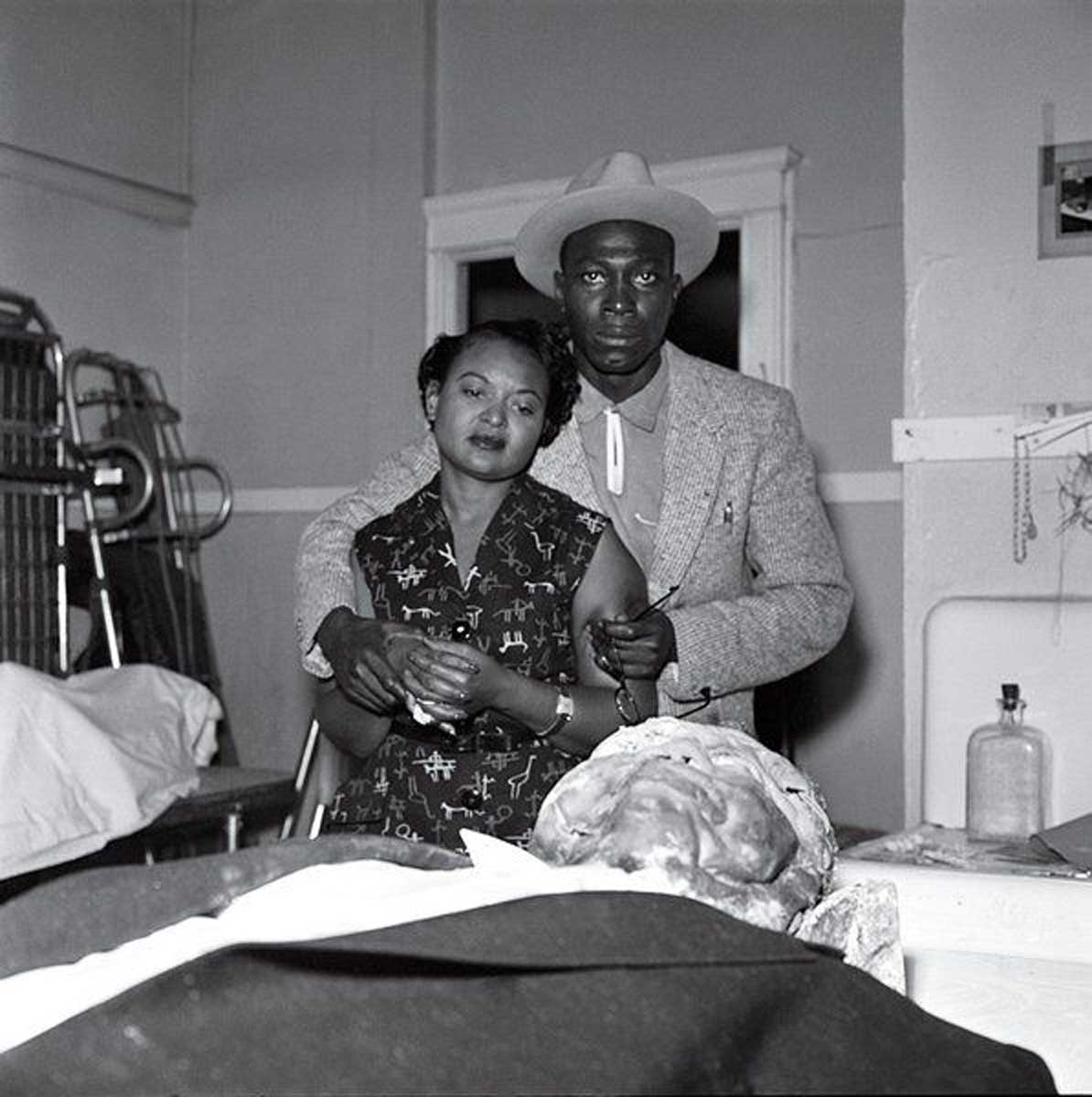Being thoughtful and responsible
Published 12:00 am Thursday, August 8, 2024

- The big cedar that sits just beside our driveway and garage is one of my favorite trees here at the farm. One day in the not too distant future, I hope to deck her out with lights for the Christmas season
“Man, however much he may like to pretend to the contrary, is part of nature.” – Rachel Carson, “Silent Spring”
The big cedar stands just across the driveway from our house. If you stand looking outside from the garage or peer into the rearview mirror while backing out, her deep green boughs are what you see. She’s a beauty, a giant, gorgeous evergreen beauty.
Trending
I have loved cedar trees since I was a child, an endearment that I attribute to the fact that our Christmas trees were always cedars that we cut ourselves from the local pastures, fields or fencerows. I love the look of them, the feel of them and the smell of their fragrant needles and their aromatic red wood.
G laughs when I say it, but one of my goals since moving to the farm has been to wrap the big cedar with multi-colored lights each year for Christmas. That hasn’t happened yet as doing so would require a moveable lift and I expect that the equipment rental could be a little costly. Oh well, maybe by the time we have grandchildren.
The big evergreen has been on my mind a good bit lately for a couple of reasons. First, we lost two old cedars in the row of trees that lines the front portion of the farm alongside Brooksville Road. Both trees died following right of way spraying below the power lines across the roadway.
Were the two events related? I’m no dendrologist, but it would certainly appear that way. The spraying accomplished its intended purpose as the right of way soon turned brown with death, unfortunately, so did our two cedars.
Don’t misunderstand me, I know the right of way must be maintained to ensure that we all have power. Our high temps are predicted to top out at 100 degrees this week with real feel temps of 108 degrees, so let me be clear that I want my power and my air conditioning. However, I’m not a fan of herbicides and pesticides.
I recently finished reading Rachel Carson’s novel “Silent Spring” which is credited with launching the environmental movement. The book has many beautiful passages about the natural world. I referenced one of those to begin this article and here’s another:
Trending
“The earth’s vegetation is part of a web of life in which there are intimate and essential relations between plants and the earth, between plants and other plants, between plants and animals. Sometimes we have no choice but to disturb these relationships, but we should do so thoughtfully, with full awareness that what we do may have consequences remote in time and place.”
The book also contains a wealth of disturbing data about our willy-nilly use of pesticides and herbicides over the years, products such as DDT. Carson’s work has received both critical acclaim and harsh criticism and, as I am also no chemist, I will not delve into what can be substantiated and what cannot.
What I will comment on is my gratitude for the simple fact that “Silent Spring” at least made us stop and think about how closely we are linked to the natural world. If nothing else, it made us much more thoughtful in our approach. Does what we spray above ground have effects below ground level in the soil, the water?
As I said, I’m not a fan of herbicides or pesticides. I don’t want Roundup sprayed around our lake to kill kudzu or weeds because, on occasion, I like to eat a few fish from those waters. Again, I’m no chemist and perhaps it’s safe; however, why take a chance if we have other options that don’t involve spraying?
When one of the dead cedars by the road fell recently, I became concerned about the big cedar by the driveway. Would it, too, succumb to whatever pestilence had struck its brothers down the hill?
I was also struck with a redeeming idea. I cut the downed tree into manageable sections, stored it underneath a tarp on our woodpile to continue drying, and reached out to a couple of friends that make turkey calls.
My plan is to get the wood into the talented hands of Buster Duvall and Jim Willcutt to be transformed into cedar scratch box turkey calls. It seems to me that this will, in a small way, keep those cedars alive, if nowhere other than my memory. It will also, I believe, honor them.
Knowing that the calls came from trees here at the farm will no doubt put a smile on my face each time I pull them out of my turkey vest, and with them in hand, my upcoming springs will be anything but silent.
Ultimately, I realize that pesticides and herbicides have their places; however, I’m also a firm believer that those uses and places should be both limited and responsible.
Before you pump that sprayer, think about what you are doing. How will your actions affect the local flora and fauna around, above, and under the application site? How will your actions affect your neighbors, both now and in the future?
Until next time, here’s to seeing you out there in our great outdoors.





